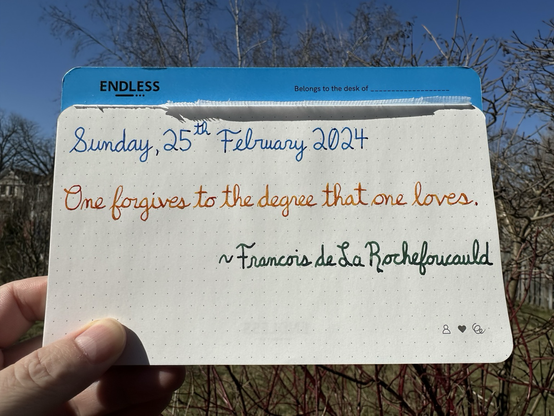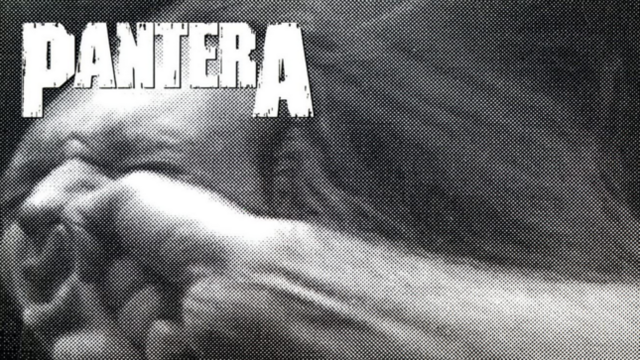February 25
This day in history:
- 1994 – American-Israeli extremist Baruch Goldstein commits a mass shooting at the Cave of the Patriarchs mausoleum, leaving 29 dead and over 100 injured before he was disarmed and beaten to death by survivors.
- 1986 – People Power Revolution: President of the Philippines Ferdinand Marcos flees the nation after 20 years of rule; Corazon Aquino becomes the Philippines' first female president.
- 1875 – Guangxu Emperor of Qing dynasty China begins his reign, under Empress Dowager Cixi's regency.
- 1932 – Adolf Hitler, having been stateless for seven years, obtains German citizenship when he is appointed a Brunswick state official by Dietrich Klagges, a fellow Nazi. As a result, Hitler is able to run for Reichspräsident in the 1932 election.
Births:
- 1475 – Edward Plantagenet, 17th Earl of Warwick, last male member of the House of York (d. 1499)
- 1999 – Rocky, South Korean singer, dancer and songwriter
- 1883 – Princess Alice, Countess of Athlone (d. 1981)
Deaths:
- 1934 – John McGraw, American baseball player and manager (b. 1873)
- 2015 – Ariel Camacho, Mexican musician and singer-songwriter; (b. 1992)
- 1997 – Andrei Sinyavsky, Russian journalist and publisher (b. 1925)
Holidays:
- * or "Plum Blossom Festival" (Kitano Tenman-gu Shrine, Kyoto, Japan)*
- National Day (Kuwait)
- Soviet Occupation Day (Georgia)
Random Article of the day:
Bernd Scholz
Bernd Scholz (February 28, 1911 – September 22, 1969) was a German composer. His also assumed the pen name Klaus Textor for his popular compositions.
Scholz was born in Neustadt in Oberschlesien (now Prudnik). Even as a child he wished to become a composer, writing his first composition at age 12. After graduation, he went to Berlin where he studied German and music at the Akademie für Schul- und Kirchenmusik. His radio plays for the Berlin radio lead to film assignments including scores for the feature-length Nanga Parbat films of German expeditions in the Himalayas. He fought in the second world war and was held as a Soviet prisoner until 1950.
He returned to West Germany in 1950, married, had three children, and settled in Schliersee. He found employment in radio and television, working with the directors Lietzau, Beauvais, Düggelin, Schlechte, Westphal, and ten Haaf. He participated in the 1954 contemporary music festival in Donauschingen where his works were conducted by Hans Rosbaud (the same year when American composer John Cage's appearance became a legendary fiasco). He wrote his Japan Concerto for classical guitarist Siegfried Behrend and a large concerto for bandleader Willi Stech. He produced works for a festival of easy music, and his works were recorded and broadcast by all the major German broadcasters.
He is buried at the Schliersee cemetery.


